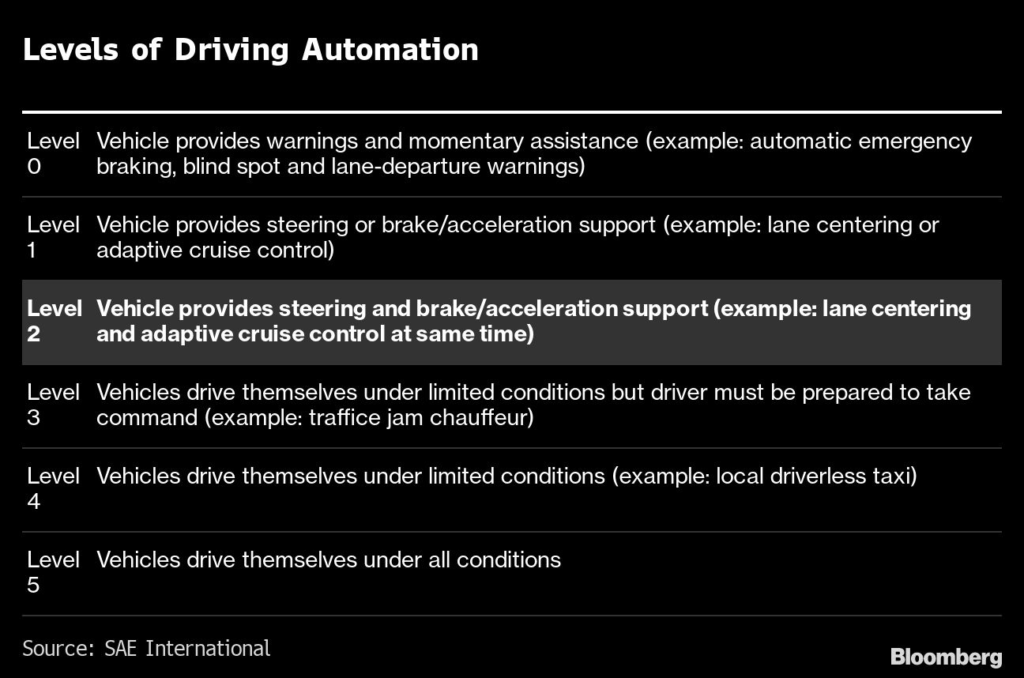(Bloomberg) — Baidu Inc.’s ride-hailing service will deploy cars without humans behind the wheel on Chinese roads for the first time, a symbolic victory in a years-long quest to carve out businesses beyond internet advertising.
Baidu, the search giant now investing heavily to commercialize artificial intelligence technology and autonomous driving, is one of two companies to secure the country’s first permits to operate a fleet of self-driving robotaxis without someone in the driver’s seat.
The approval covers just part of Beijing for now, but marks a relaxation of Chinese rules.
Baidu and AI driving startup Pony.ai Inc. can now dispatch autonomous cars with safety personnel only in the passenger seat, whereas previous regulations mandated a human ready to grab the wheel in an emergency.
It’s a big step toward cars independent of human intervention, which Baidu Vice President Wei Dong predicted could emerge as soon as next year.
“This is a qualitative change. It used to be the case where someone sitting behind the wheel could take over instantly,” Wei, who oversees safety for Baidu’s self-driving car division, said in an interview with Bloomberg Television.
“Now you are leaving it all to the machines.”
Toyota Motor Corp.-backed Pony.ai obtained the same permit, regulators said during a press event in Beijing. The two firms for now haven’t won approval to charge for those pickups — meaning passengers ride for free.
Baidu is transitioning to AI and self-driving after its core advertising revenue shrank in the mobile era.
Its smart driving business provides software to carmakers like Geely Automobile Holdings Ltd. and runs a ride-hailing platform powered by a fleet of robotaxis in nine cities including Guangzhou and Beijing.
Its electric vehicle spinoff raised $400 million from external investors, and plans to start mass production in 2023.
The new permit, for Baidu’s Apollo Go operations, was granted by regulators in the so-called Beijing High-level Automated Driving Demonstration Area, the company said in a statement, an area on the outskirts of the capital roughly the size of Manhattan.
In November, Baidu and Pony.ai won licenses to run commercial self-driving operations in the same region.
Back in 2020, Google-owned Waymo opened its fully driverless ride-hailing service to the public in Phoenix, but Wei said the traffic conditions in Chinese megacities like Beijing are more challenging.
Baidu has said it plans to expand Apollo Go into 65 cities across China by 2025 and 100 cities by 2030.
The ride-hailing platform currently has about 300 cars nationwide, and one such vehicle could generate roughly 18 orders per day in big cities like Shanghai, Wei said. The robotaxi service may become profitable in some regions in three years, he added, without elaborating.
More stories like this are available on bloomberg.com
©2022 Bloomberg L.P.











